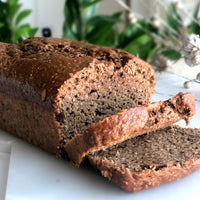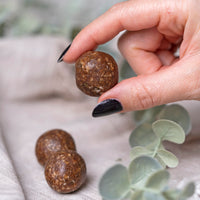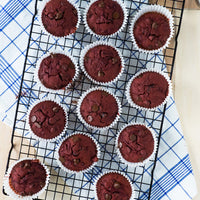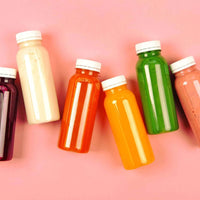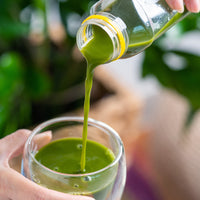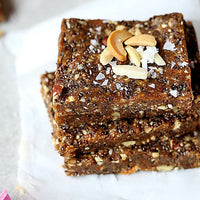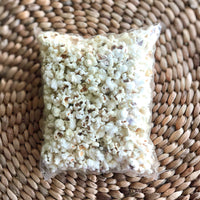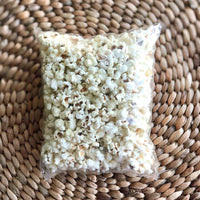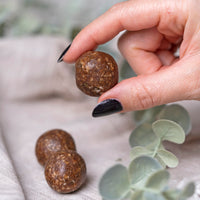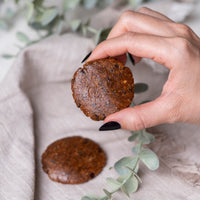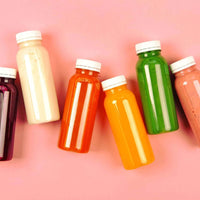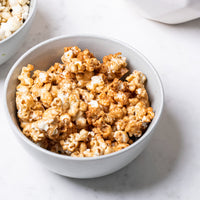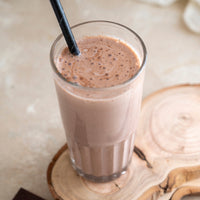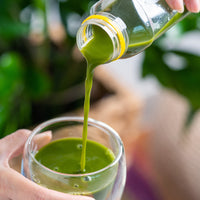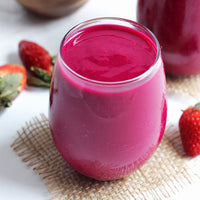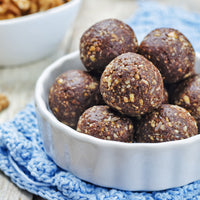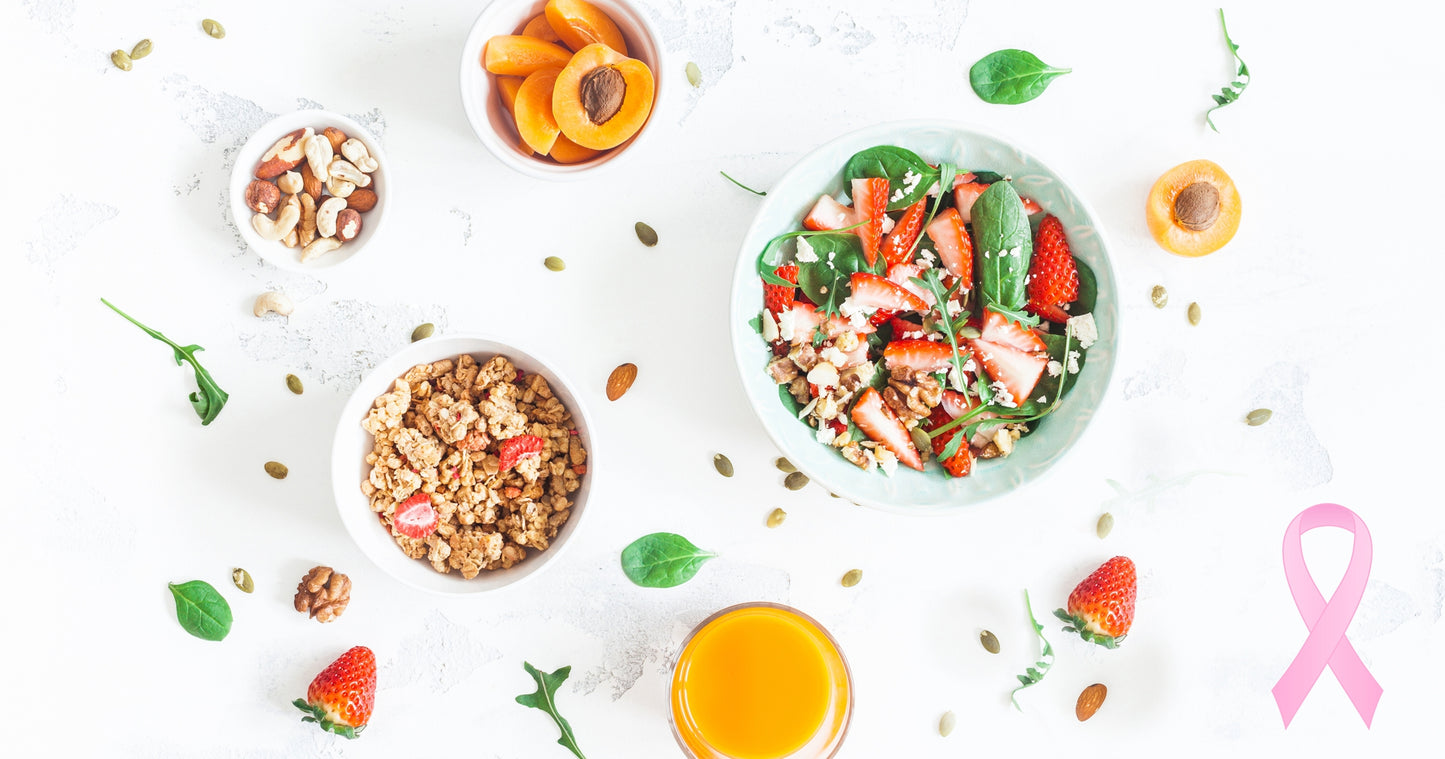
October is National Breast Cancer Awareness Month, where pink ribbons remind women to take a moment for themselves and schedule their annual checkups. There's no one specific way to reduce your risk for breast cancer, but a combination of approaches could make a significant difference.
There are certain breast cancer risk factors that are related to personal behaviors, such as nutrition and exercise. Nutrition plays an important role in reducing the incidence of breast cancer and the risk of breast cancer progression or recurrence. It is important to consume foods that can make your body the healthiest it can be, boost your immune system, and help keep your risk for breast cancer as low as possible.
When it comes to a diet rich in cancer-fighting substances, most experts agree that it should consist of a predominantly plant-based diet. Check out the below foods that can be included in your daily diet to help keep you healthy and to decrease the chance of a breast cancer:
Garlic
Garlic is used for flavoring in cooking and is unique because of its high sulfur content. These sulfur compounds stimulate the immune system’s natural defenses against cancer, and may have the potential to reduce tumor growth.
Tip: Get into the habit of adding garlic to your dishes to boost both its flavor and health benefits!
Cruciferous vegetables (broccoli, cauliflower, kale, bok choy, cabbage and brussel sprouts)
These group of vegetables are considered cancer-preventing superfoods, and they should be eaten frequently. The compound, sulforaphane, found in these vegetables can stimulate enzymes in the body that detoxify carcinogens and prevent them from damaging healthy cells.
Tip: Incorporate these foods in your snacks, soups, salads, stews or stir fry to get their super benefits! Make sure not to overcook cruciferous vegetables, as they can produce a strong sulfur odor and become unappealing.
Avocados
Healthy monounsaturated fats (like those in avocados and its oil) will help your body better absorb anticancer antioxidants such as lycopene (from, say, tomatoes) and beta-carotene (from carrots, for example). Adding an avocado to your diet several times each week will provide a wide variety of nutrients that have cancer fighting properties.
Tip: Slice up an avocado and have it with your morning eggs, or mash it up into a guacamole and serve it as a healthy dip
Ginger
Add spice for a healthier life! Most people think of antioxidants as coming strictly from foods like fruits and vegetables, but many herbs and spices not only provide flavor but also a big bang of antioxidants! Studies have shown that ginger may protect tissues and organs against oxidative damage and prevent cancer development and growth.
Tip: Ground ginger instantly adds an Asian flair to sautéed vegetables, salad dressings, and marinades. It can also be added to tea as it brews or sprinkled on sweet potatoes for an antioxidant-packed dish.
Curcumin (Turmeric)
Curcumin, the bright yellow compound found in turmeric, is a super spice that has been the focus of intense research due to its potential to prevent diseases such as cancer. Curcumin has been shown to inhibit the expression of a specific gene that’s believed to lead to the development and progression of breast cancer.
Tip: Turmeric has a unique ability to add rich color to any dish, such as roasted cauliflower or a plain couscous salad. Everyone knows we eat with our eyes first; that’s where turmeric can really help out a dish.
Mushroom
Selenium is a mineral that is not present in most fruits and vegetables but can be found in mushrooms. Selenium helps decrease tumor growth rates, prevents inflammations and helps get rid of some cancer-causing compounds in the body. Also, the Vitamin D found in mushroom has also been shown to inhibit the growth of cancer cells by contributing to the regulation of the cell growth cycle.
Tip: Mushrooms are more than just a pizza topper as they pack a whole lot of goodness into a small amount. With only 20 calories per cup, they can be added to sandwiches, burgers, poke bowls, kebab skewers, stir frys, stews, soups…the list is endless!
Grapes
Grapes are a rich source of resveratrol, a compound well studied for anti-cancer effects. Several population studies have reported that grape consumption is associated with reduced risk of breast cancer as resveratrol has the ability to slow the growth of cancer cells and inhibit the formation of tumors.
Tip: Grapes are a great low-calorie snack (around 100 calories per cup). They can also add flavor to many savory dishes so try tossing them into a pasta or couscous salad, or topping them on a pizza.
Fact about grapes: the seed and the skin contain the richest concentration of antioxidants.
Citrus fruits (oranges, tangerines, grapefruits, lemons, and limes)
Citrus fruits contain a complex mixture of constituents, all of which may contribute to a decrease in the risk of breast cancer. The compounds in citrus foods (e.g. vitamin C, flavonoids, beta-carotene etc.) can boost immune function, target damaging free radicals and help the body to naturally overcome the damaging effects of carcinogenic exposure.
Tip: Slice these citrus fruits and make your own “infused” water or add the juice or rind (zest) for a tangy taste that will help lift and balance the flavor of your dish!
Bottom line? There is no one specific ideal diet that is perfect for all of us. So, we can each come up with a diet that's protective and still works with our lifestyles and food preferences. The above mentioned foods, along with many others, are still being researched in order to fully understand their mechanism in reducing the risk of breast cancer. But here’s an easy way to picture a healthy, protective diet. Every time you eat, aim to have two-thirds of your plate made up of healthy plant foods, like vegetables, fruits, whole grains and beans. And to add flavor, use moderate amounts of healthy oils, herbs, spices, citrus, and vinegars.

